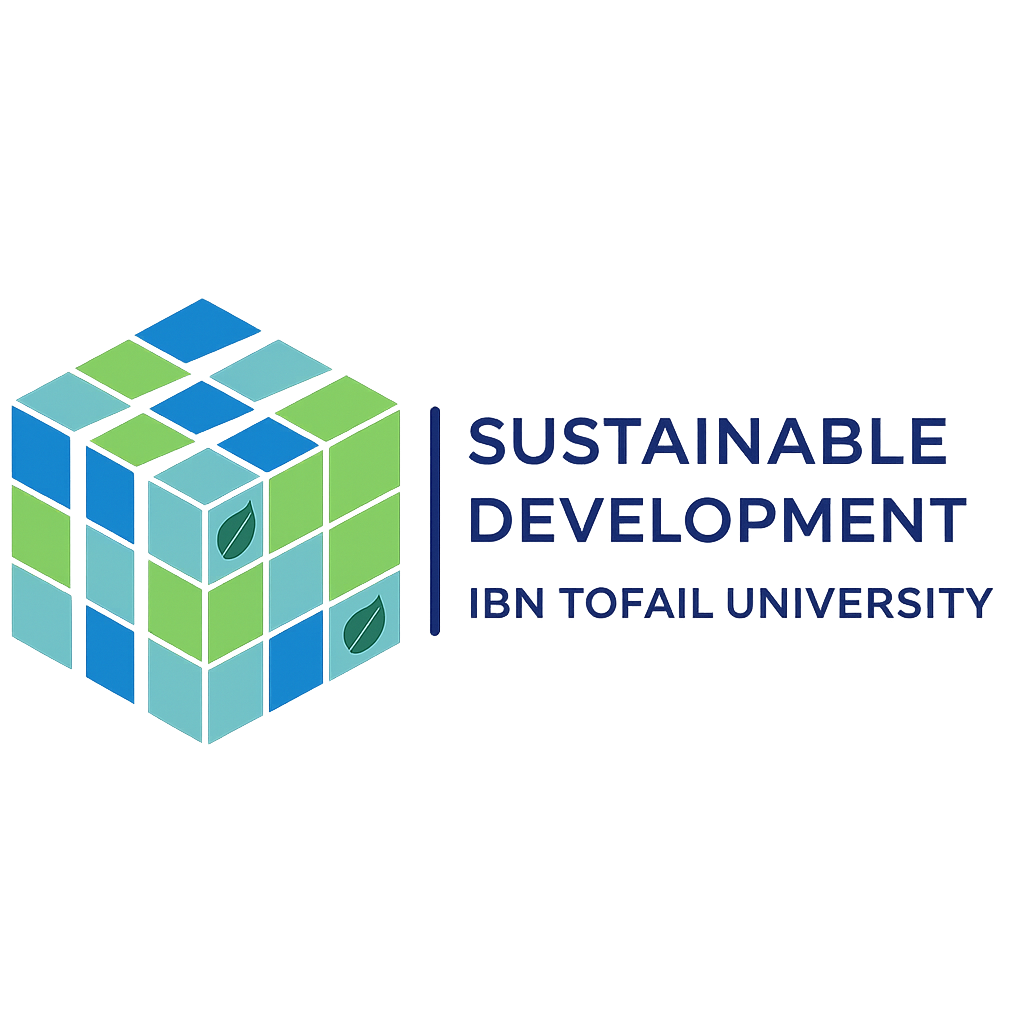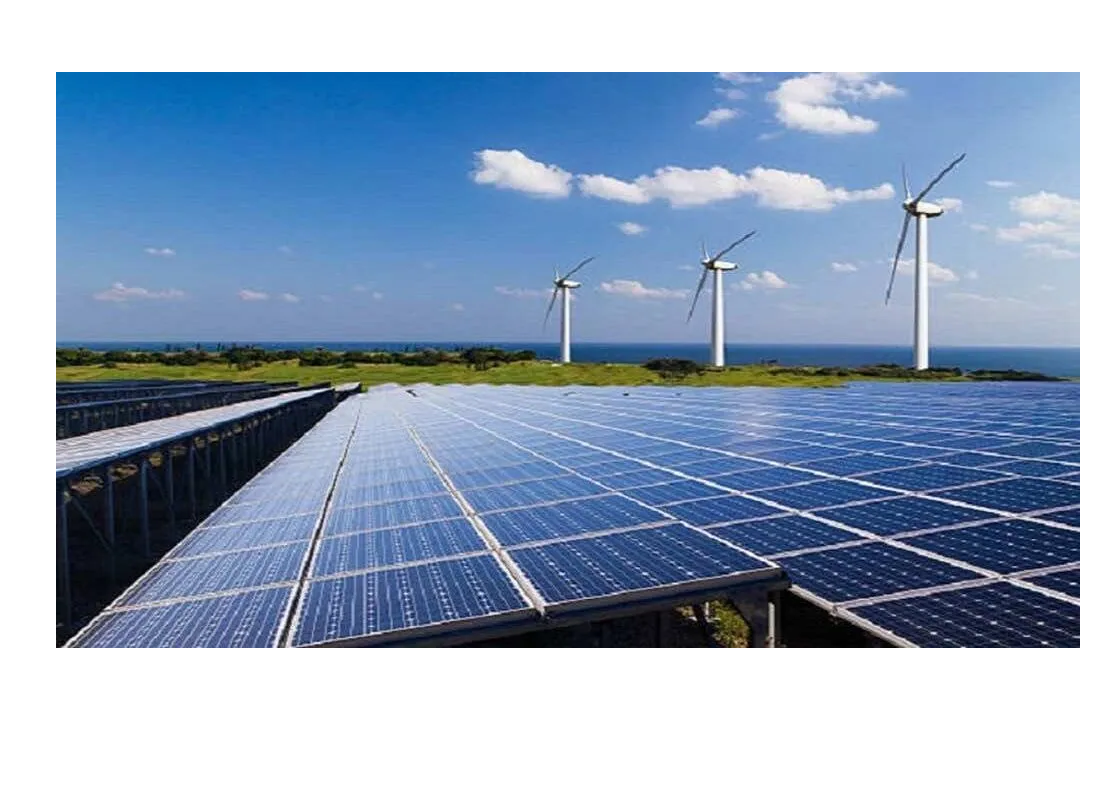As part of its action plan, and in line with the recommendations and vision of the “Higher Education, Scientific Research, and Innovation Ecosystem Transformation Acceleration Plan” (PACTE ESRI 2030), Ibn Tofail University is actively committed to this energy transition by commissioning a Platform for Experimentation, Research and Training in Renewable Energy Storage.
This research platform is an effective way of providing fully-equipped laboratories that can be shared. These research infrastructures will help, on the one hand, to create synergies and coalitions between the various research teams at Ibn Tofail University, and, on the other hand, to expand their networks and collaborations through partnerships with other national and international universities and industries.
Providing Assistance for Start-Ups in the Low-Carbon Economy: UIT is also dedicated to fostering and supporting start-ups that contribute to a low-carbon economy. The university offers various services and infrastructures, such as fully-equipped laboratories and collaborative networks, that enable start-ups to access the resources and expertise necessary for innovation in the clean energy sector. For example, UIT encourages the development of energy-efficient technologies through its research platform, offering start-ups access to cutting-edge equipment and mentorship in renewable energy projects.
To achieve these objectives, and in line with the United Nations’ Sustainable Development Goals, strong collaboration between the different research teams and laboratories will be established through the launch of internal calls for projects on different themes by Ibn Tofail University.
Purpose and interest
The Energy Platform for Solar Energy Production and Storage will be funded by ITU and its partners with the following general objectives:
– Reduce the discounted cost of energy (LCOE) from renewable resources (solar photovoltaic, CSP, biomass…) in combination with green hydrogen and its various applications.
– Develop prototypes with strong links between water, energy and agriculture (NEXUS EEA).
– Add value to regional products and national by-products such as phosphate rock and its derivatives for use in storage materials, construction materials, raw materials, the circular economy and sustainable development.
– Ensure the sovereignty of strategic/critical minerals by recycling end-of-life batteries and solar panels.
– Creating new industrial opportunities in the phosphate, renewable energy and digitalization sectors.
– Applying data science to Earth observation measurements and estimating the technical potential of targeted solar and wind sites.
This research platform is an effective way of providing fully-equipped, shareable laboratories. These research infrastructures will occasion synergies and coalitions between the various research teams at Ibn Tofail University and to expand their networks and collaborations through partnerships with other national and international universities and industries. The value of this platform lies in its ability to provide cutting-edge research and characterization services, essential for research and development in the energy field. By providing access to state-of-the-art equipment, it enhances students’ and researchers’ technical competencies, and thus facilitates their training and professional development.
Services
The platform is organized into three main units:
- Experimental unit dedicated to the development of green hydrogen technology: Installation of green hydrogen production technologies, such as water electrolysis using renewable energies such as wind and biomass, and solar or thermo-solar processes. Methanol and ammonia production, energy storage, fuel cells and hydrogen storage.
- Experimental unit dedicated to the development of materials for energy and storage: Here, we aim to provide researchers and our various collaborators with a unit featuring the various techniques for elaborating and growing inorganic or hybrid thin films and nanostructures, as well as devices based on them, for applications in solar photovoltaics, energy storage and recovery (e.g. electrodes in batteries), hydrogen storage materials (hydrides and MOFs, piezoelectric and thermoelectric materials etc.).
- Energy characterization unit: includes equipment for evaluating and characterizing devices that meet sustainable development criteria in terms of energy.
In parallel with these units, a transversal cell with the other platforms will be dedicated to the use of software frequently requested by industrialists in the field of dimensioning and numerical simulations of renewable installations.


